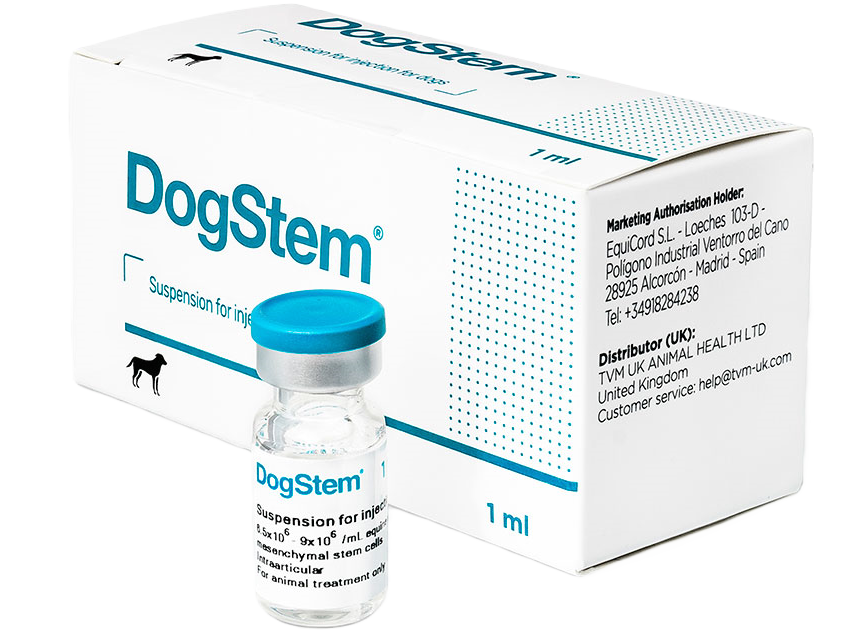In recent years, advancements in regenerative medicine have paved the way for innovative treatments, and one area that has shown amazing promise is the use of mesenchymal stem cells (MSCs) in animals. Mesenchymal stem cells are a type of multipotent cells that have the ability to differentiate into various cell types, including bone, cartilage, and adipose tissue. This unique characteristic has led to their study as a therapeutic tool in veterinary medicine, offering new hope for the treatment of various disorders in animals.
Mesenchymal stem cells are primarily derived from various tissues, such as bone marrow, adipose tissue, umbilical cord, and dental pulp. One of the key advantages of MSCs is their immunomodulatory and anti-inflammatory properties, making them particularly effective in addressing conditions associated with inflammation and immune system dysfunction.
Applications in Animal Treatment:
Orthopedic Conditions:
Mesenchymal stem cells have shown promising results in the treatment of orthopedic conditions in animals, including arthritis and joint injuries. By promoting the regeneration of cartilage and bone tissues, MSCs can alleviate pain and improve mobility in affected animals.
Wound Healing:
Mesenchymal stem cells have shown promising results in the treatment of orthopedic conditions in animals, including arthritis and joint injuries. By promoting the regeneration of cartilage and bone tissues, MSCs can alleviate pain and improve mobility in affected animals.
Wound Healing:
The regenerative potential of MSCs extends to wound healing. Animals suffering from chronic wounds or injuries may benefit from the application of mesenchymal stem cells, which accelerate tissue repair and reduce scarring.
Neurological Disorders:
Studies have explored the use of MSCs in treating neurological disorders in animals, such as spinal cord injuries and degenerative conditions. The ability of MSCs to promote neural regeneration and modulate inflammation holds promise for improving neurological function in affected animals.
Cardiovascular Conditions:
Heart diseases and vascular disorders in animals present significant challenges. Mesenchymal stem cells have exhibited cardio-protective effects by promoting angiogenesis and tissue repair, making them a potential therapeutic option for cardiovascular conditions.
Immune System Disorders:
The immunomodulatory properties of MSCs make them a valuable tool in managing immune system disorders in animals. Conditions like autoimmune diseases or inflammatory bowel disease can benefit from the regulatory effects of MSCs on the immune response.
Challenges and Considerations:
While the potential of mesenchymal stem cells in animal treatment is promising, several challenges and considerations need to be addressed. These include the need for standardized protocols, optimal dosage determination, and long-term safety assessments. Additionally, ethical considerations surrounding the collection and use of stem cells should be carefully navigated.

